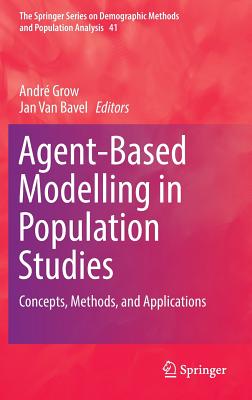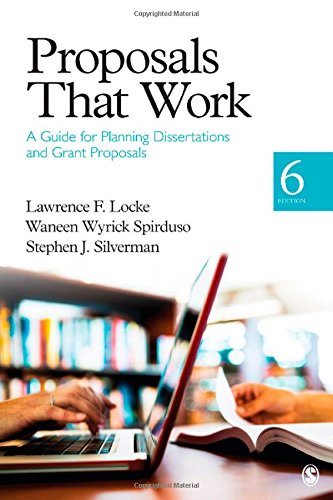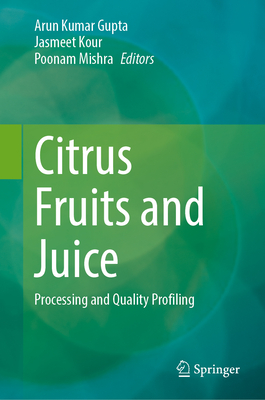
Agent-Based Modelling in Population Studies:Concepts, Methods, and Applications(The Springer Series on Demographic Methods and Population Analysis)
基于代理建模的人口研究:概念、方法与应用
人口学
¥
2230
售 价:
¥
1784.00
优惠
平台大促 低至8折优惠
发货周期:外国库房发货,通常付款后3-5周到货
出版时间
2016年08月22日
装 帧
精装
页 码
513
语 种
英文
综合评分
暂无评分
- 图书详情
- 目次
- 买家须知
- 书评(0)
- 权威书评(0)
图书简介
This book examines the use of agent-based modelling (ABM) in population studies, from concepts to applications, best practices to future developments. It features papers written by leading experts in the field that will help readers to better understand the usefulness of ABM for population projections, how ABM can be injected with empirical data to achieve a better match between model and reality, how geographic information can be fruitfully used in ABM, and how ABM results can be reported effectively and correctly.Coverage ranges from detailing the relation between ABM and existing paradigms in population studies to infusing agent-based models with empirical data. The papers show the benefits that ABM offers the field, including enhanced theory formation by better linking the micro level with the macro level, the ability to represent populations more adequately as complex systems, and the possibility to study rare events and the implications of alternative mechanisms in artificial laboratories.In addition, readers will discover guidelines and best practices with detailed examples of how to apply agent-based models in different areas of population research, including human mating behaviour, migration, and socio-structural determinants of health behaviours.Earlier versions of the papers in this book have been presented at the workshop “Recent Developments and Future Directions in Agent-Based Modelling in Population Studies,” which took place at the University of Leuven (KU Leuven), Belgium, in September 2014. The book will contribute to the development of best practices in the field and will provide a solid point of reference for scholars who want to start using agent-based modelling in their own research.
本书暂无推荐
本书暂无推荐














